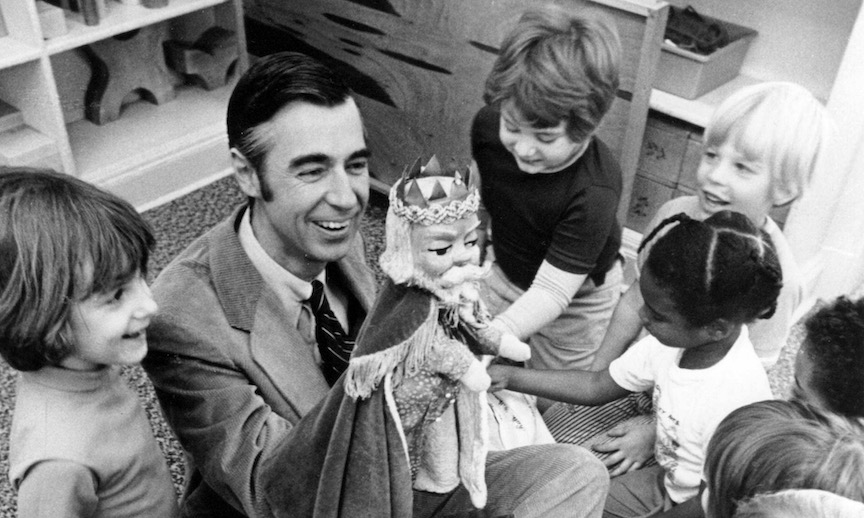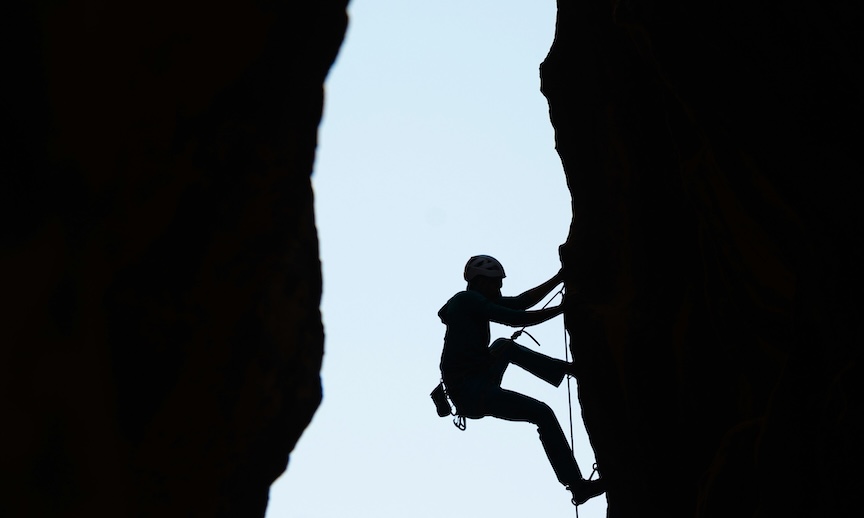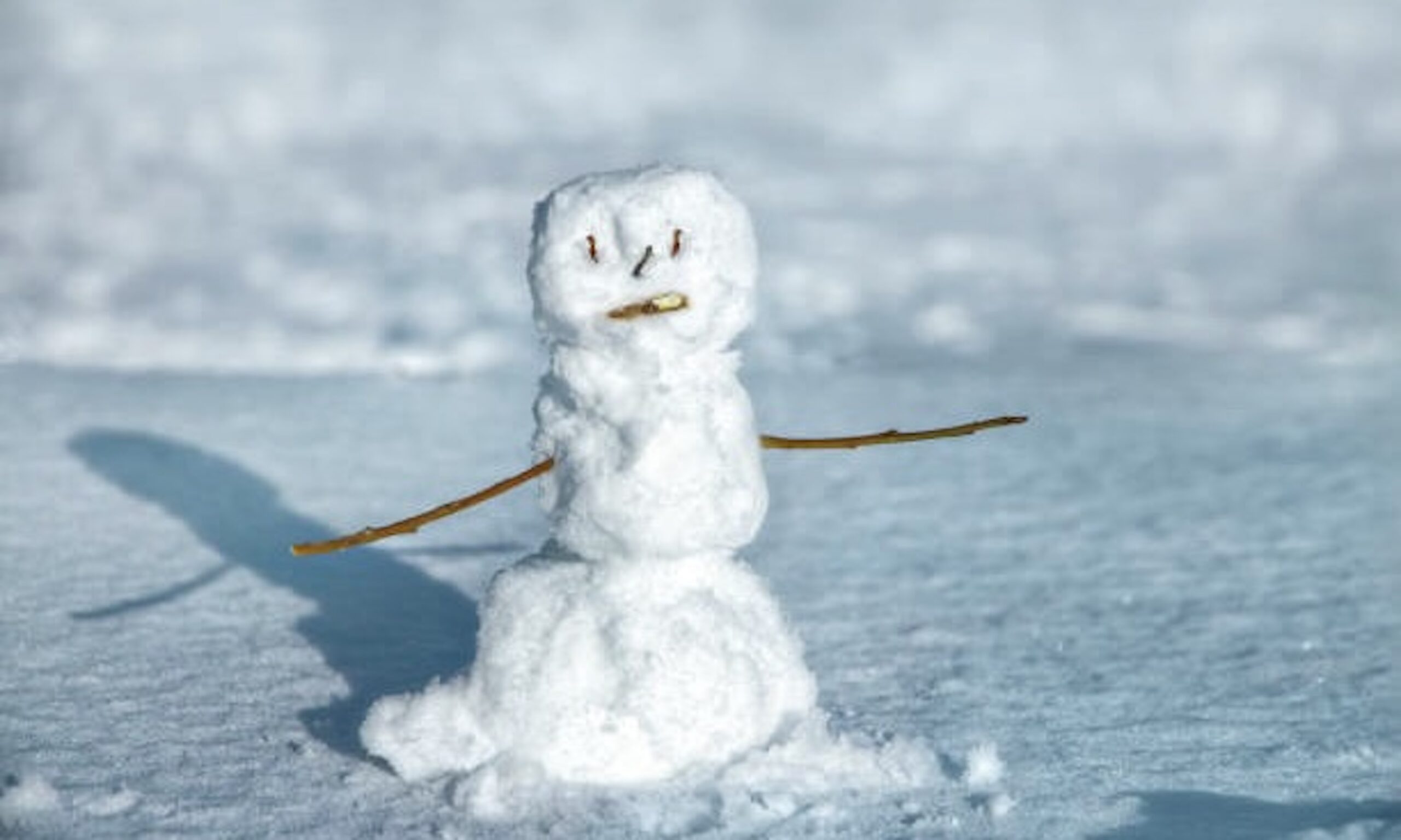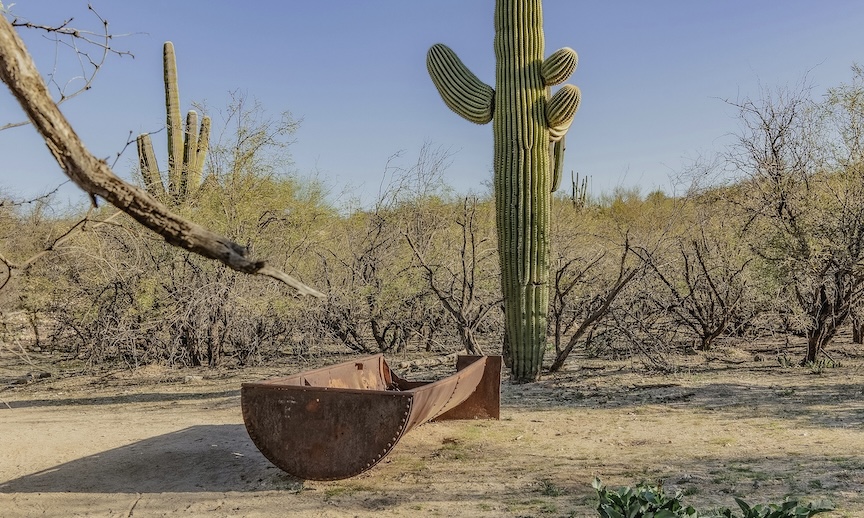NEIGHBORLY
I finally watched Won’t You Be My Neighbor?, a 2018 documentary about Fred Rogers. It was beautiful and touching, and it made me cry. I’ve also been listening to a delightful podcast, Dolly Parton’s America, which goes in surprising and fascinating directions while preserving an indefatigable good-nature true to its namesake.
One of the things I’ve loved so much about both of these pieces (and the individuals they profile) is the way that they convey a basic message without being the least bit simplistic or stupid about it.
The Dolly podcast covers vast complex territories of intersectionality, gender, race, politics, identity and persona, storytelling, world musicology, faith, and plenty of other stuff. Like I said, it goes in a lot of directions! And I’m only on episode 6, I think. One of the fundamental questions that ties it together in a way that helps make sense of it all and fills me with hope is: What unites us?
The Mr. Rogers biography, about the development of his beloved PBS show, is a fairly straightforward subject and presentation. Yet it, too, allows the world to be deeply complex.
For example, in one the earliest weeks of this children’s television program — maybe week two — the puppet Daniel Tiger voices his confusion about the scary things he’s seeing on the national news. It was filmed shortly after Bobby Kennedy was killed. Daniel straight-up asks an adult, “What does assassination mean?” Man, oh man! Mr. Rogers did not shy away from serious issues — race, violence, justice, fear, death. In fact, he actively encouraged his audience of children (and their parents) to explore and express the complicated emotional landscape of both their inner lives and the rapidly changing world.
AND — as fraught and unsettling as he acknowledged life to be, still he held it all in a most elegant, graceful context: You are important, your feelings matter, you’re not alone. Won’t you be my neighbor? That invitation is connective and complex at the same time; we can embrace and embody both diversity and togetherness.
So this week (well, truly, every week) my idols are Dolly Parton and Fred Rogers. Now, I’ve got the tune of The Rainbow Connection going through my head: “Some day we’ll find it, the Rainbow Connection — Dolly, Mr. Rogers, and me!” I don’t mean to self-aggrandize by joining such stellar company; it’s just my fantasy play-date.
It’s especially my fantasy now, because everything happening in the world, and in my life, and in all of our communities feels so out-of-control, out-of-its-mind convoluted. Every thread pulls at everything else so it looks like it all might unravel. Each straw seems to threaten to break the camel’s back and upend the whole kit and caboodle — healthcare, and the economy, and employment, and global supply, and insurance, and elections, and billions of fearful people, many of them totally misinformed and all of us overwhelmed, and and and and and AND…
I just want to put on a hand-puppet, maybe Henrietta Pussycat, and ask Dolly Parton, “How can we, meow meow, navigate this together, meow meow? How can we, meow meow, survive? Maybe, meow meow, we can dare to hope that we’ll put it all together again better than before? Meow?!” And Dolly would have the perfect response.
I am yearning for simplicity. But also, definitely, I want it to be smart. There are too many simpletons out there already mucking everything up with their nonsense. I long for simple and smart.
One of the simple things that I’ve really enjoyed during these long days of physical distancing and isolation has been walking in my neighborhood. My walks have gotten longer — sometimes 4 or 5 miles at a stretch — so my idea of my neighborhood has expanded quite a lot. And as I’ve been walking this week, I’ve found myself in this simple (smart!) inquiry: What does it mean to be neighborly? Who is my neighbor and how do I grow that idea? Can I love my neighbor as myself?
(I had to slip Jesus in there along with Dolly and Mr. Rogers… “Someday we’ll find it, the Rainbow Connection — Dolly, Mr. Rogers, and me, and Jesus!” This playdate gets better and better.)
Maya Angelou said, “It is very important to know the neighbor next door, and the people down the street, and the people in another race.”
What if we could see the whole world as our neighborhood, and all people in it as loved ones to whom we have a moral responsibility to be neighborly, whether or not we know them or understand them or agree with them?
Join Dolly, Mr. Rogers, me, Jesus, and Maya Angelou online this Sunday, April 26. It’s a beautiful day in the neighborhood, my friends. XO, Drew
© 2020 Drew Groves
